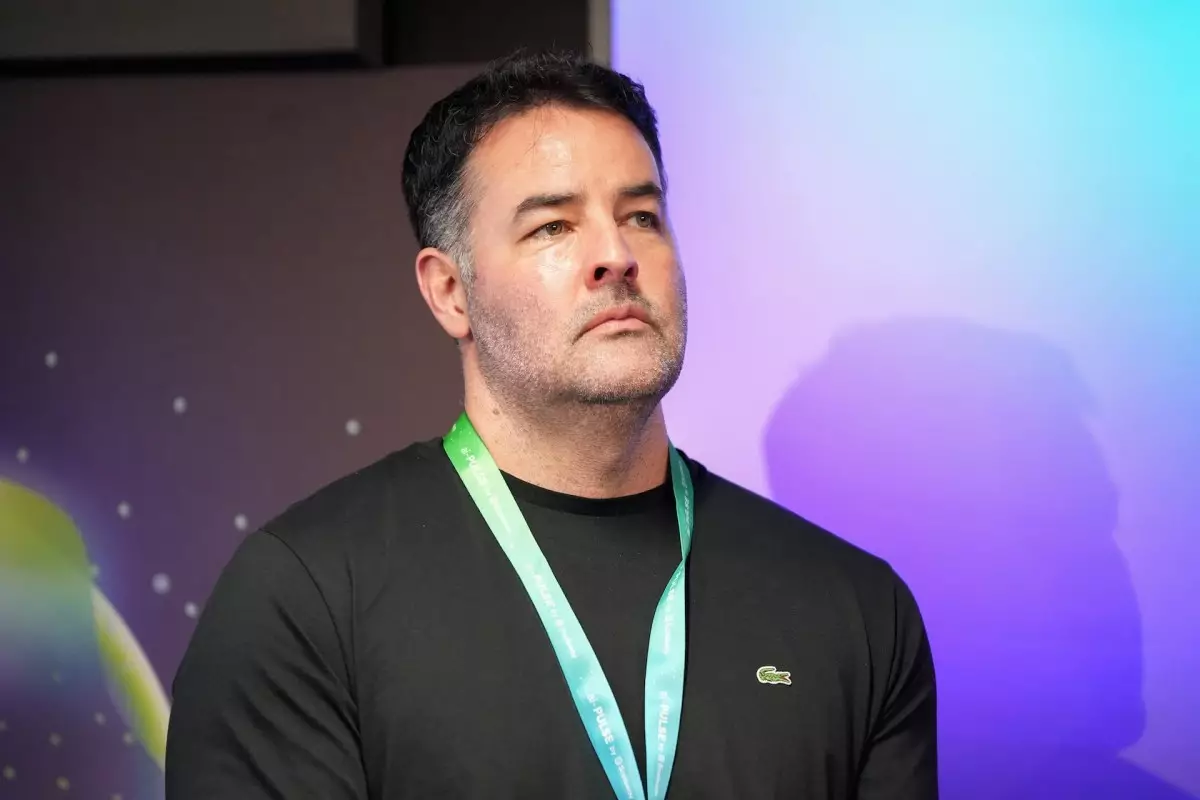In the ever-evolving landscape of artificial intelligence, the conversation around foundational models continues to generate fervent debate. Jason Warner, co-founder and CEO of Poolside, recently stirred the pot at the HumanX AI conference in Las Vegas with his bold assertion: companies should prioritize the development of applications rather than getting caught up in the foundational model race. This perspective, though provocative, presents a necessary reevaluation of where companies should direct their resources and efforts in an increasingly competitive field.
Intelligence: The New Electricity
Warner likened intelligence to a fundamental commodity such as electricity, emphasizing its pivotal role in shaping the future. This analogy underscores a striking reality: innovation is no longer merely about harnessing existing technology; it’s about applying intelligence to create solutions that significantly impact humanity. His sentiment suggests a shift from a commoditized view of AI technologies to a recognition of their transformative potential. Those who underestimate this shift, he argues, might miss out on unprecedented opportunities that extend beyond monetary gain.
The Dichotomy of Purpose
Interestingly, Warner identified two contrasting approaches toward AI development. On one hand, he described companies focused on foundational models as “printing presses for cash,” potentially missing the broader implications of their work. Conversely, he positioned those who adopt a more holistic and innovative mindset as pioneers poised to “bend the arc of humanity.” This dichotomy illuminates the critical choice companies face: engage in short-term profit-seeking or strive for long-lasting change. Each choice carries consequences that extend beyond the business realm into the very fabric of society.
A Rigorous Pursuit of AGI
The ambition behind Warner’s vision for Poolside is nothing short of audacious; he aims to conquer Artificial General Intelligence (AGI) through advanced software solutions. This level of ambition necessitates clarity of purpose, especially in an environment where competitive pressures are mounting. For ambitious startups and established tech giants alike, simply operating on the basis of existing foundational models is no longer tenable. Instead, as Warner contends, foundational models should be integrated into broader applications that address concrete problems, allowing for more the innovative approach to complex challenges.
Navigating Tough Terrain
Warner’s specific strategy includes tackling complex fields, such as defense and government contracts, environments that demand high levels of innovation and resilience. This not only positions Poolside as a key player in pivotal sectors but also sets a precedent for other companies to take a stand in serious applications of AI. If indeed intelligence is the currency of the future, then navigating these challenging sectors could yield profound benefits and solutions that ripple across various domains.
A Bright Future for Consumer Applications
Despite his focus on the challenging arenas, Warner has not sidelined the eventual rollout of consumer applications. This balanced approach suggests a dual strategy—pursuing intensive and rigorous development while simultaneously envisioning broader accessibility. By developing both sides, Warner exemplifies a well-rounded vision of AI that is both cutting-edge and user-centric, promising a future where AI is not just an elite tool, but a part of everyday life.
In sum, in a world transitioning toward unparalleled levels of intelligence and innovation, the call to action is clear: prioritize the transformative potential of applications over mere foundational pursuits, lest we risk stagnation in the face of rapid advancements.

